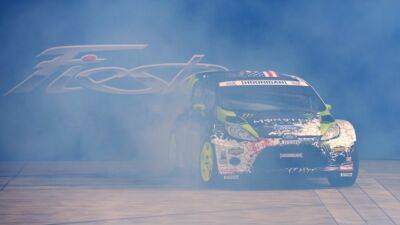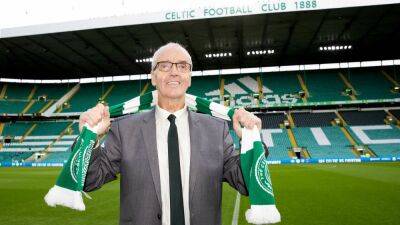Yugoslav and Serbian football star Siniša Mihajlović dies aged 53
Siniša Mihajlović passed on Friday after a long battle with leukaemia, according to the family of the celebrated Yugoslav and Serbian player and manager. He was 53.
In a statement, the family said they were pained to announce the "unjust, premature death" of an "exemplary husband, father, son and brother".
Born in Vukovar to a Croat mother and a Serb father, Miha or simply Siniša -- as he was known to his fans -- was a football wunderkind who earned himself a spot on the Yugoslav national team and a transfer to the country's giants, Red Star Belgrade, by the age of 21.
The one-million-Deutschmark (€500,000) transfer in 1990 for the youngster with long chestnut brown hair and a powerful left foot made him the most expensive footballer in the country at the time.
That season, Red Star won the Champions League, with Mihajlović playing a key role -- first against Bayern Munich in the semifinal, where his freekick secured the Belgrade outfit a spot in the finals, and then helping his team reach the very top of European football in the game against Olympic Marseille.
But the good times did not last too long.
Yugoslavia was already disintegrating in a series of wars that pitted the country's ethnic groups and recently independent states against each other.
His hometown of Vukovar saw some of the worst fighting at the beginning of the war in an assault by the remnants of the Yugoslav People's Army in August of 1991. The local Croats -- who fought for their independence -- and pro-Belgrade ethnic Serb forces razed the city to the ground.
The northern Croatian city has since become symbolic of the war crimes and ethnic cleansing conducted by troops backed by the Serbian hardline leader Slobodan Milošević in various parts of the former




